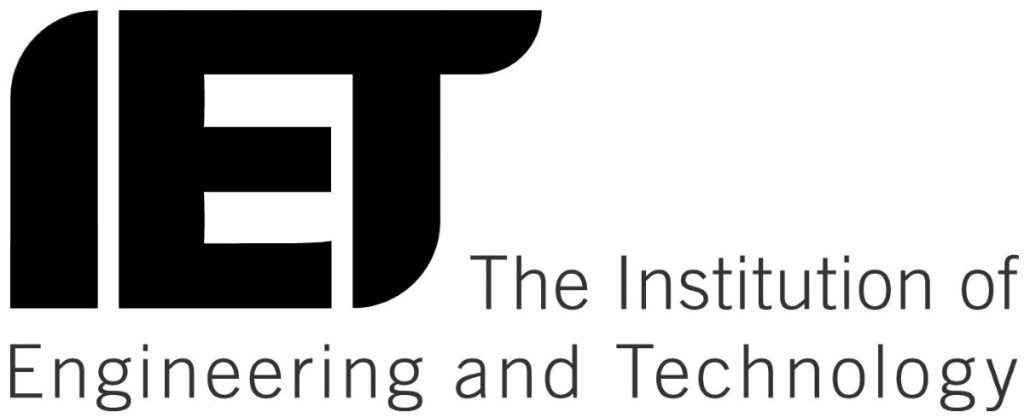IET: Schools 20 years behind on ICT teaching
A leading UK expert on information and communications technology (ICT) says today that the teaching of ICT in England and Wales is 20 years out of date and as a result a whole generation has been lost who could have designed the systems of the future. He places the blame on the government for failing to set an appropriate curriculum.
Dr Mike Short CBE, President of the Institution of Engineering and Technology (IET) said: “Whilst the current generation, often referred to as the ‘Net Generation’, are heavy users of ICT in their social interaction, very few have been taught how to understand, design and build upon the technology that underpins most of our daily lives.
“The current school ICT syllabus is not appropriate for the digital generation since it does not equip our young people to be able to understand or compete in the modern world.
“There is an urgent need for school to be teaching the current generation Computer Science as a subject in schools in order that our future workforce is equipped to design, build and maintain the next generation of infrastructure, systems and products, all of which require elements of computer science and engineering, but also sufficiently qualified, experienced and informed to take advantage of the plentiful career opportunities within the digital and computing industries.”
The IET and many other professional bodies believe that ICT education is in a dire situation, which is already posing a risk to the UK and its globally competitive position.
Dr Short continued: “One of the side effects of this poor teaching has been to grow generations of students who, though avid users of technology, have absolutely no insight into how modern ICT systems work.”
To help remedy the situation, the IET has joined forces with the Computing at Schools Group to build on the considerable success they have achieved so far in the promotion of teaching Computer Science.
The IET, Europe’s largest professional body for engineers and technicians, believes that by pooling resources and effort, it can support the already considerable progress made to date. The IET will further build momentum by utilising its network of volunteers and schools ambassadors.
Ends
Notes to editors:
§ Interview opportunities are available with IET spokespersons.
§ The IET is Europe’s largest professional body of engineers with over 150,000 members in 127 countries.
§ For more information, visit www.theiet.org.
§ Follow the IET on Twitter.
How the IET supports education:
§ The IET provides a range of teaching resources for schools and colleges including classroom resources, posters, magazines and project funding.
§ The IET Faraday education programme includes 57 Faraday Challenge Days at schools and universities across the UK. The programme also provides a range of teaching resources and activities to inspire and attract the engineers of tomorrow.
§ The IET supports the engineers and technicians of its membership to work with schools to give students tangible examples of real engineering and to act as role-models.
§ The IET publishes the award-winning Flipside magazine for teenagers, with the sharpest reviews, hottest stories and weirdest facts.
§ The IET runs the international FIRST LEGO League robotics competition for the UK and Ireland where young people compete to address real problems whilst learning about robotics and programming.
§ The IET supports some of the UK’s best science, engineering and technology enhancement and enrichment activity providers such as F1 In Schools and Greenpower. The IET has funded the Fun Kids radio station’s series called Techno Mum. Designed to introduce young children to engineering and the important role it has in their day-to-day lives, Techno Mum goes to air at 5:30pm each weekday.
§ The IET is the sponsor of the Scouts Electronics Activity Badge.
§ The IET is collaborating with several other professional engineering institutions on a range of careers information materials that introduce young people, their teachers and parents to the wide variety of careers within engineering and the rewards they offer. These can be found at www.tomorrowsengineers.org.uk.
§ The IET represents the engineering community to policy makers on education matters relating to engineering and technology both in its own right but also as part of the cross-institutional body Education for Engineering (E4E). The latest edition of the IET Skills & Demand in Industry Survey, which looks at the current and forecasted needs and challenges facing engineering and manufacturing in the UK can be found at http://www.theiet.org/factfiles/education/skills2012-page.cfm.
About Computing At Schools:
The Computing at School (CAS) Working Group aims to promote the teaching of computer science at school. CAS was born out of excitement with the discipline, combined with a serious concern that many students are being turned off computing by a combination of factors that have conspired to make the subject seem dull and pedestrian. The goal is to put the excitement back into computing at school. For more information, visit: http://www.computingatschool.org.uk/.
Media enquiries to:
Robert Beahan, Media Relations Manager
T: +44 (0)1438 767336
M: +44 (0)7595 400912
E: rbeahan@theiet.org





-01.png)